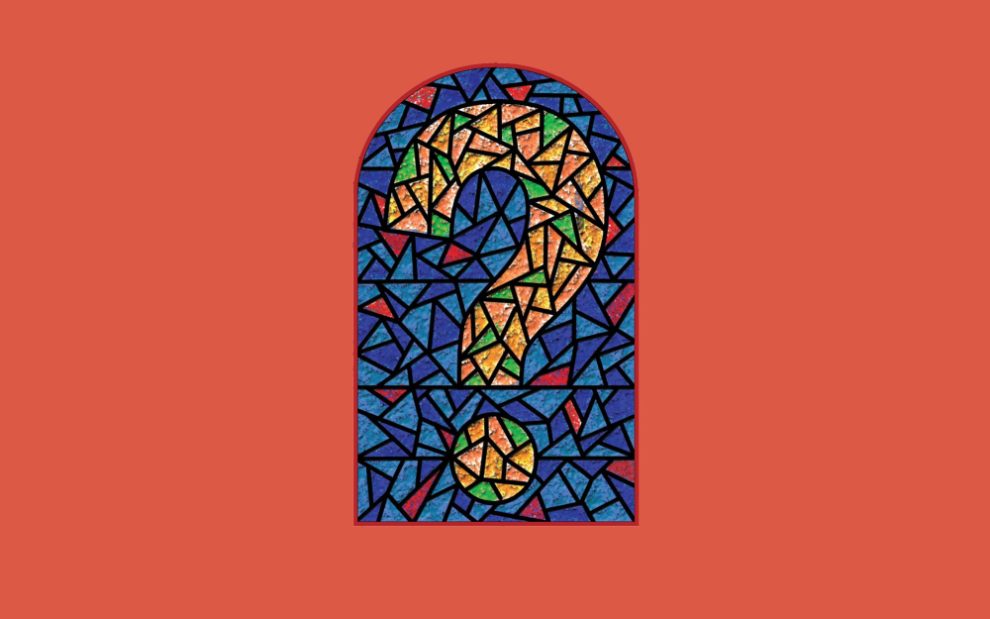Listen on: Spotify | Apple Podcasts
Even 700 years after his death, St. Thomas Aquinas is still one of most influential theologians in the history of the Catholic Church. The Dominican friar, philosopher, and theologian wrote extensively about morals, liturgy, the sacraments, humanity, and the nature of God. He drew on multiple non-Christian and pre-Christian traditions to articulate the relationship between natural reason and revealed truth.
Today, Aquinas’ ideas remain central to Catholic thought. But not all his ideas have aged well. And this can pose a problem, especially when people treat him as an authority on the level of the magisterium. Some of the ideas from Aquinas that self-described Thomists like to reiterate not only aren’t church teaching—they’re also incorrect.
But would Thomas Aquinas be a Thomist? What would the saint think about popular takes on his ideas today? And why is this academic quibble politically significant? On this episode of Glad You Asked, journalist Heidi Schlumpf, who recently wrote about this topic for U.S. Catholic, joins the hosts to talk about why conservative influencers love Aquinas and why disputes about his thought are relevant for the public square.
Schlumpf is a senior correspondent for and former executive editor of the National Catholic Reporter. She previously served as the managing editor of U.S. Catholic and has reported extensively on religion, spirituality, social justice, and women’s issues. She is the author of Elizabeth A. Johnson: Questing for God (Liturgical Press).
You can read more about this topic and read some of Schlumpf’s writing in these links.
- “Would Thomas Aquinas be a Thomist?” by Heidi Schlumpf
- “Why ‘trads’ seek to root the church’s future in the past,” by Angela Denker
- “Two very different parishes point to divisions in the church,” by Peter Feuerherd
- “J.D. Vance’s Catholicism. Theological profile of Trump’s heir apparent,” by Massimo Faggioli
Glad You Asked is sponsored by the Claretian Missionaries USA, an order of Catholic priests and brothers who live and work with the most vulnerable among us. To learn more, visit claretians.org.













Add comment